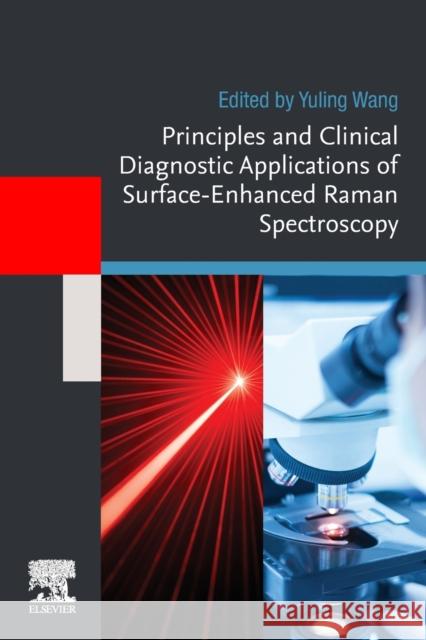Principles and Clinical Diagnostic Applications of Surface-Enhanced Raman Spectroscopy » książka
topmenu
Principles and Clinical Diagnostic Applications of Surface-Enhanced Raman Spectroscopy
ISBN-13: 9780128211212 / Angielski / Miękka / 2021 / 464 str.
Kategorie:
Kategorie BISAC:
Wydawca:
Elsevier
Język:
Angielski
ISBN-13:
9780128211212
Rok wydania:
2021
Ilość stron:
464
Waga:
0.61 kg
Wymiary:
22.86 x 15.24 x 2.39
Oprawa:
Miękka
Wolumenów:
01
Dodatkowe informacje:
Bibliografia











